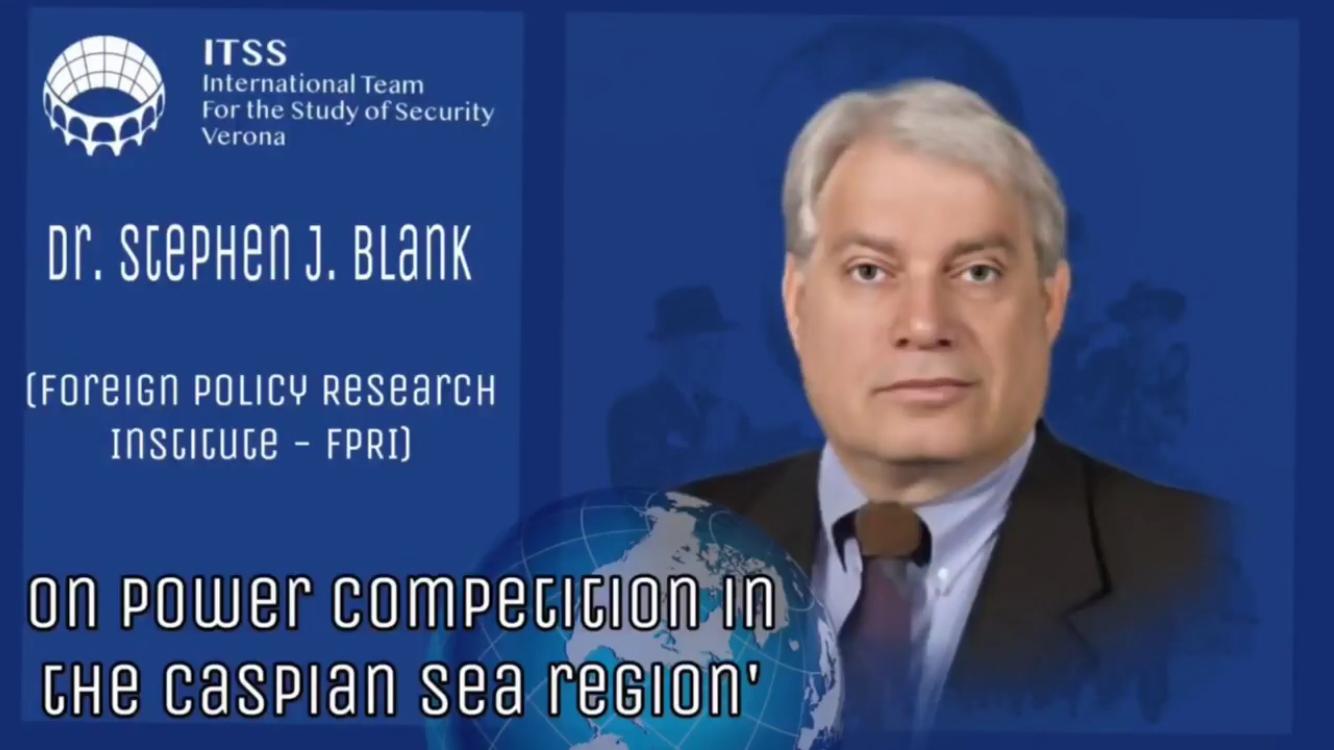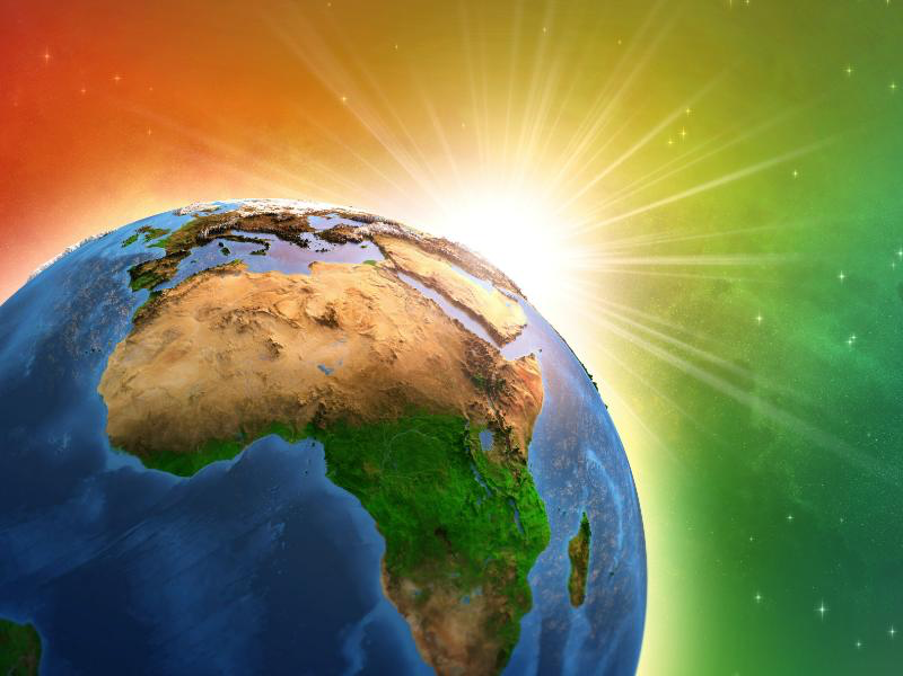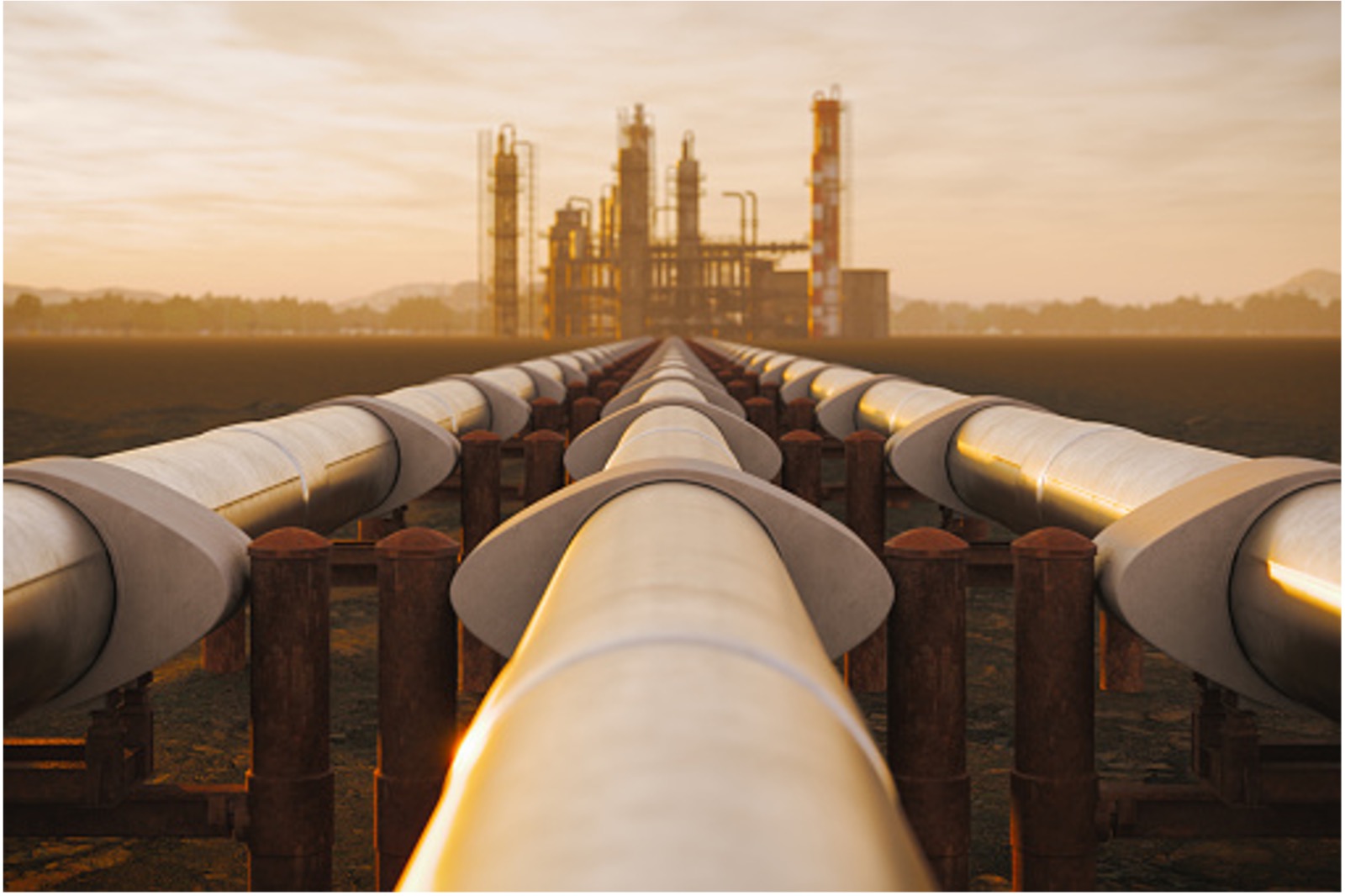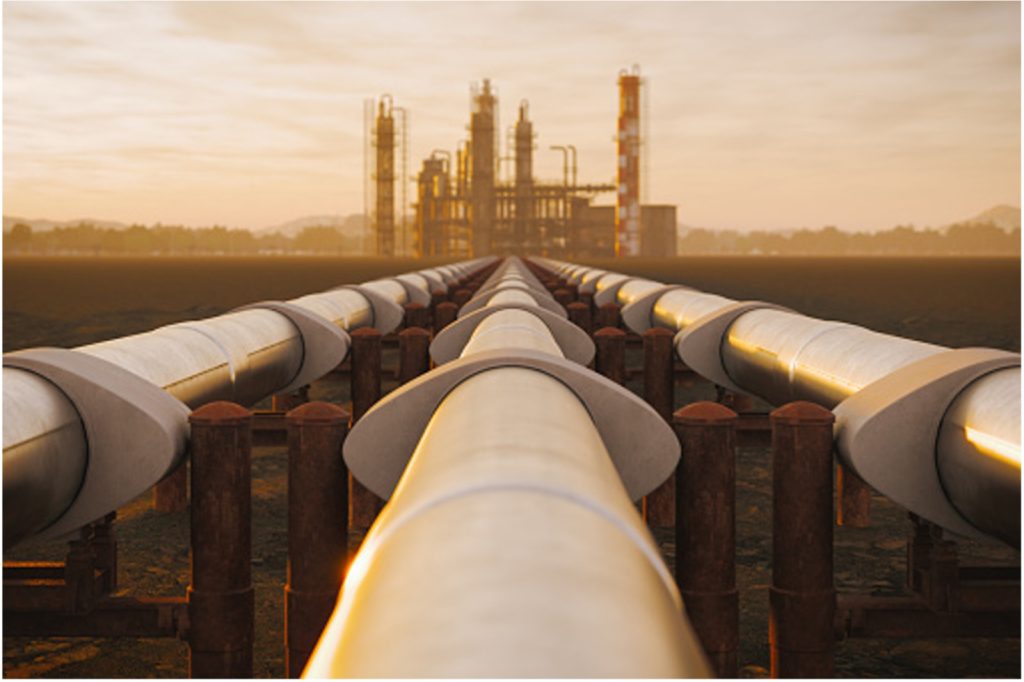by Isolde Sylvia Hatgis-Kessell - Arctic Desk
The Arctic region played a crucial role in the strategic competition between the United States and the Soviet Union throughout the Cold War, with its unique geographical and environmental conditions shaping both military and scientific efforts. This article explores the Soviet Union's Arctic strategy, focusing on its dual purposes of showcasing military might and technological superiority; subsequently, it explores the significant changes in the region since the Cold War, namely climate change and increased Chinese involvement, and anticipates how these factors will influence Moscow’s current ambitions in the Arctic.
Overview of the Role of the Soviet Arctic Strategy
During the Cold War, the Arctic acted as another arena for strategic competition between the United States and Russia, the importance of which was underscored by the unprecedented close proximity between the adversarial states. For the Soviet Union, the Arctic was a critical region as it possessed the “longest Arctic circumpolar coastline” and the largest population of Arctic inhabitants from one state. Moreover, Russia under both the Tsarist and Soviet systems, had a longer history of involvement in the region.
The Russian Arctic served two key purposes for the Soviet Union throughout the Cold War; firstly, it was home to a significant portion of their advanced military equipment including the nuclear Northern Fleet. Secondly, the High North gave the Soviets a stage to exhibit their technological advancements and military might, a key competition during the Cold War.
However, the Arctic region remained underexplored and underutilised across various sectors due to harsh weather conditions; thus, the utility of the High North was closely tied to the advancement of technology which enabled effective exploration and greater understanding of the area.
A vital component of the Soviet’s Arctic strategy was the use of the region as a theatre to demonstrate scientific and military strength, directly playing into Cold War dynamics. A key example can be seen in the development and testing of the Tsar Bomb, commissioned by Nikita Gorbaschev in a bid to demonstrate Soviet strength. The thermonuclear bomb remains the most powerful nuclear weapon ever detonated; the test took place on the island of Novaya Zemlya inside the Soviet’s Arctic Territory. The Arctic arena became a frequent stage for projects that strengthened the Soviet’s Mutually Assured Destruction strategic doctrine.
Scientific superiority underpinned by military objectives, an important characteristic of the Cold War, extended to the Arctic as well. The Soviets developed the Severny Polyus drifting research station in the Arctic; while the projects themselves were aimed at scientific goals, the information that they collected was used to help inform the military action and procurement.
Ultimately, the Arctic provided the perfect theatre for the Soviets to prove their strength in both science and force and therefore cement their position on the international stage and against the United States.
Key Changes Since the Cold War
The Soviet’s strategy in the Arctic during the Cold War can serve as a good starting point to understand how Putin and the Russian Federation might use the region now, particularly as relations continue to deteriorate with the West. Nonetheless, three key changes must be considered in any analysis of the region.
First and foremost are the effects of climate change which has increased sea levels, changed patterns of wildlife, and importantly melted a significant amount of the region's ice. Paradoxically, these devastating environmental consequences open up a breadth of new economic opportunities. As a result, interest in the region from the rest of the littoral Arctic states and beyond has increased drastically; this leads directly to the second defining shift, increased Chinese involvement.
As the ice continues to melt, opening new possibilities for oil and gas exploration and increasing the feasibility of the Northern Sea Route, China’s interest in the Arctic has developed as well. Generally, Beijing has looked to Moscow for partnerships in the region which has alienated many of the other Arctic states.
Lastly, all the Arctic countries are now members of NATO except for Russia; as the war rages on in Ukraine and tensions with the West deepen, this reality threatens Arctic exceptionalism which thus far has been dictated by cooperation overriding competition.

Understanding Russia’s Current and Future Strategy in the Arctic
Most recently, the 2023 Russian Foreign Policy Concept gave the international community new insight into Russia’s ambitions in the Arctic. With regards to the High North, the document highlights the importance of possible economic development in the region for the greater Russian economy including oil and gas exploration and the development of the Northern Sea Route. A noticeable change from the 2016 concept was the decision not to address any existing multilateral format such as the Arctic Council, and instead emphasise that partnerships with other nations, most likely with the other Arctic states, would be on a bilateral basis.
Understanding Russia’s strategy in the high north through the prism of Soviet action in the Arctic indicates that Putin, with the help of the Chinese Communist Party, may use the Arctic as an arena to exert strength in the energy sector, shipping routes, and the military, possibly setting up a parallel system to Soviet times in which these aims become intrinsically linked.
As the war in Ukraine continues, in turn highlighting the weakness of the Russian military and leadership, the Arctic can again serve as an easy arena to demonstrate strength. Novaya Zemlya remains a key test base for nuclear weapons including the unconfirmed 9M730 Burevestnik, a nuclear cruise missile. The war in Ukraine has emphasised that much of Russia’s military equipment is old and reserves of modern weapons are ultimately too small. Consequently, Moscow may attempt to reaffirm their military prowess by developing weapons for a harsh environment that NATO Arctic states lack.
Another defining trait of the Ukraine war has been the West’s sanction regime and subsequent consequences for global energy markets. The decision not to purchase any oil from Russia has had serious, though not insurmountable, repercussions, particularly for European countries. As the potential for new energy resources opens up the Arctic, it is possible that Russia looks to establish a strong position in this development to maintain its foothold in international energy.
Conclusion
The Soviet’s Arctic strategy throughout the Cold War was a critical component of their broader geopolitical and military objectives; the High North provided a strategic platform for the Soviet Union to demonstrate both scientific advancements and military prowess. As Russia continues to build up its presence in the Arctic, parallels to Soviet-era strategies, especially in energy and military domains, are increasingly likely, underscoring the region's ongoing importance for the U.S. and the Nordic countries as well as global power dynamics





